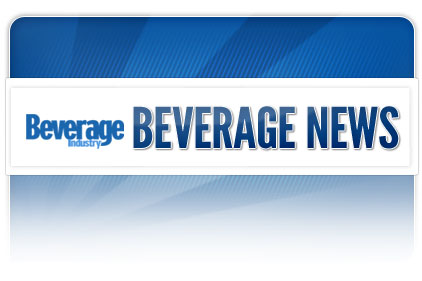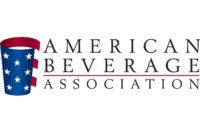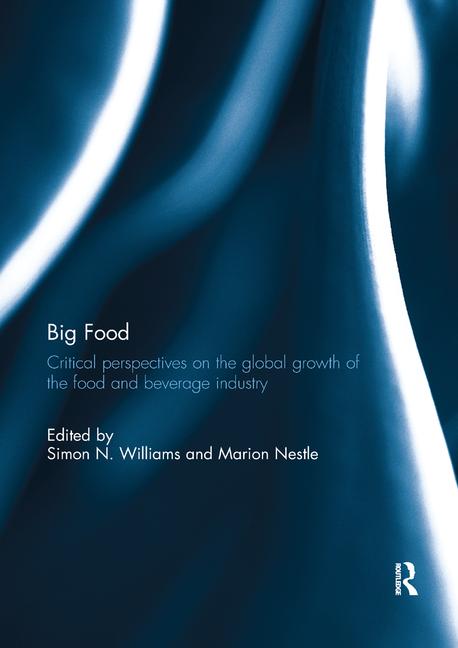American Beverage Association highlights benefits of beverage industry

The American Beverage Association (ABA), Washington, D.C., reinforced the positive effect its members in the non-alcohol beverage industry have on the country. The association noted the industry’s support in charitable causes in communities across the nation that total more than $1.9 billion, it said.
“The beverage industry has a longstanding commitment to its customers, consumers and communities,” said Susan K. Neely, president and chief executive officer of the ABA, in a statement.
America’s beverage companies are active supporters of anti-hunger initiatives, including the nation’s largest hunger-relief organization, Feeding America. The Coca-Cola Co., Atlanta, donates thousands of cases of beverage products each year to the charity, which distributes the products to those who need them.
This year, Plano, Texas-based Dr Pepper Snapple Group (DPS) partnered with the band Maroon 5 for Snapple’s “Tea Will Be Loved” limited release tea that will provide 1.75 million meals to those in need through Feeding America. In 2009, DPS’s Mott’s brand used its “Wake-Up Call” program where consumers could send a wake-up call from actress Marcia Cross to the person of their choice. Each “wake-up call” generated a $1 donation to Feeding America and ultimately funded 1 million meals.
PepsiCo, Purchase, N.Y., is a longtime supporter of Feeding America and in the last six years has donated nearly 400 million pounds of the company’s food and beverage products to the charity’s network of food banks. This fall, more than 1,300 PepsiCo employees joined volunteers at more than 35 Feeding America network food pantries to prepare care packages of food for thousands of individuals and families in need.
The beverage industry also has been developing common sense solutions to help address childhood obesity, Neely said. Last year, the ABA and its members announced it had delivered on its promise to parents and schools to change the school beverage landscape across America. Under the association’s School Beverage Guidelines, its member companies slashed beverage calories shipped to schools by 88 percent since 2004.
ABA’s members also have made a voluntary commitment to make the calories in their products even more clear and consumer-friendly by implementing front-of-package labeling. The initiative is in support of First Lady Michelle Obama’s “Let’s Move!” campaign and will help people make informed choices about the beverages that are best for themselves and their families, the association said.
The association’s members also follow responsible practices regarding advertising and marketing to children that recognize the central role that parents and other caregivers should play in making choices for their children. Under a global policy on marketing to children, companies do not advertise beverages other than juice, water or milk-based drinks to any audience primarily comprised of children younger than 12 years old.
“Our industry is already committed to voluntary policies and programs that are having measurable results and real impact,” Neely said.
In addition, the beverage industry is responding to consumer demand by providing a variety of beverage choices in a wide array of calorie ranges. From 1998 to 2008, the industry cut the total beverage calories it brought to market by 21 percent through the innovation of more no- and low-calorie beverages and smaller portion options, the association stated.
The non-alcohol beverage industry also provides more than 208,000 jobs across the country and helps to support hundreds of thousands more that depend, in part, on beverage sales for their livelihood. Beverage companies and their employees as well as firms and employees indirectly employed by the industry provide nearly $26 billion in state tax revenues and as much as $32 billion in federal tax revenues, according to the ABA.
Looking for a reprint of this article?
From high-res PDFs to custom plaques, order your copy today!





